When you’re in recovery from addiction or a mental health disorder, you face a lot of uncertainty. How will I feel today? Will I be able to stay sober? Will I ever be able to trust myself again? Will life ever feel fun again? On difficult days, these questions can derail you. That’s why having a daily self-care routine can be helpful. Even if you don’t know what the future holds, you can trust that you’re giving your mind and body the fuel they need to face today’s uncertainties with resilience.
Creating a Routine
Most of our routines are created for us. If we’re employed outside the home, our employer dictates when we arrive and depart from work each day. If our children are in school, their schedule affects our day as well. Earth’s rotation around the sun encourages us to get up when it’s light and go to bed when it’s dark. Our stomachs generally want to be fed at regular intervals.
Because employment, family, and basic self-care can take up so much of the day, it can start to feel like that’s all we do. Same old, same old, day after day. If you don’t love your job, or if you have a challenging home environment, it’s easy to feel that your routine is a burden. Maybe it’s a stressful or boring routine that led to your addiction or mental health issues in the first place. And on top of that, everyone wants you to exercise and eat home-cooked meals and go to support meetings and “find time to relax”? How can adding MORE routine to your day make life any better?
What is a Self-Care Routine?
When you make self-care part of your regular routine, you are telling yourself that attending to your well-being is just as important as your other responsibilities. What does “self-care” mean? Basically, it means doing things that support your mental, physical, emotional, and spiritual health. Beyond that, the specifics of self-care are for you to determine. What gives you energy and lightness? What helps you feel rested? What helps you step away from all of your worried thoughts and get perspective?
If you haven’t taken care of yourself in a long while, you might not know what kind of daily activities will help you relax and feel connected to something larger than yourself. So here are a few possibilities:
- Taking a walk
- Meditating
- Caring for plants
- Working on a craft or art project
- Journaling
- Listening to music
- Swinging at the playground
What all these things have in common is that they can help you relax but also help you become aware of your internal state. So, while watching TV, scrolling through Instagram, or playing a video game might be relaxing, they aren’t necessarily helping you cultivate a relationship with yourself. It’s the ability to appreciate your own company–to become your own good friend–that will help you weather difficulties and uncertainties.
Committing to a Self-Care Routine
As important as self-care is, start small. Decide on an activity or two that you want to do regularly, and then make it a permanent part of your schedule. Start with just 10 minutes, or whatever amount of time feels doable.
If you want to try different self-care activities, just create a time frame in your schedule that will be dedicated to self-care in whatever form you feel like trying that day. In a way it doesn’t matter what form of self-care you choose as much as doing some form of it every day.
Let’s look at an example:
Say you commit to meditating for 10 minutes every morning. It goes well for the first five days and then you start to feel some annoyance–wouldn’t extra sleep be just as good as meditation? Wouldn’t it be better to use that extra time to get a head start on answering emails? Meditation is hard!
Instead of scrapping the whole project altogether, remind yourself that this 10 minutes is for you. Its purpose is to help you connect with yourself and get perspective. So if you get impatient with meditation, try journaling. Or just sit quietly, sip some tea, and listen to music you enjoy.
Because you’re in addiction and/or mental health recovery, you know how much work and commitment and time it takes to create a new pattern of behavior. So start by letting that new routine be something you know you’ll look forward to and something that will not take up an excessive amount of time.
As you continue in your new self-care routine, it’s quite likely that it will become something you value enough to protect. You may even want to expand the timeframe from 10 minutes to 20, or 10 minutes in the morning and 10 minutes at night.
When Self-Care Isn’t Enough
Self-care routines are important but sometimes they aren’t enough to protect you from a relapse. That’s okay. Professional help can get you back on track so that you can return to your daily routines with motivation and confidence. At Eagle View Behavioral Health, we help our clients address substance use and/or mental health disorder with our compassionate, multifaceted, individualized care. Contact our Bettendorf, IA, facility to learn more.






